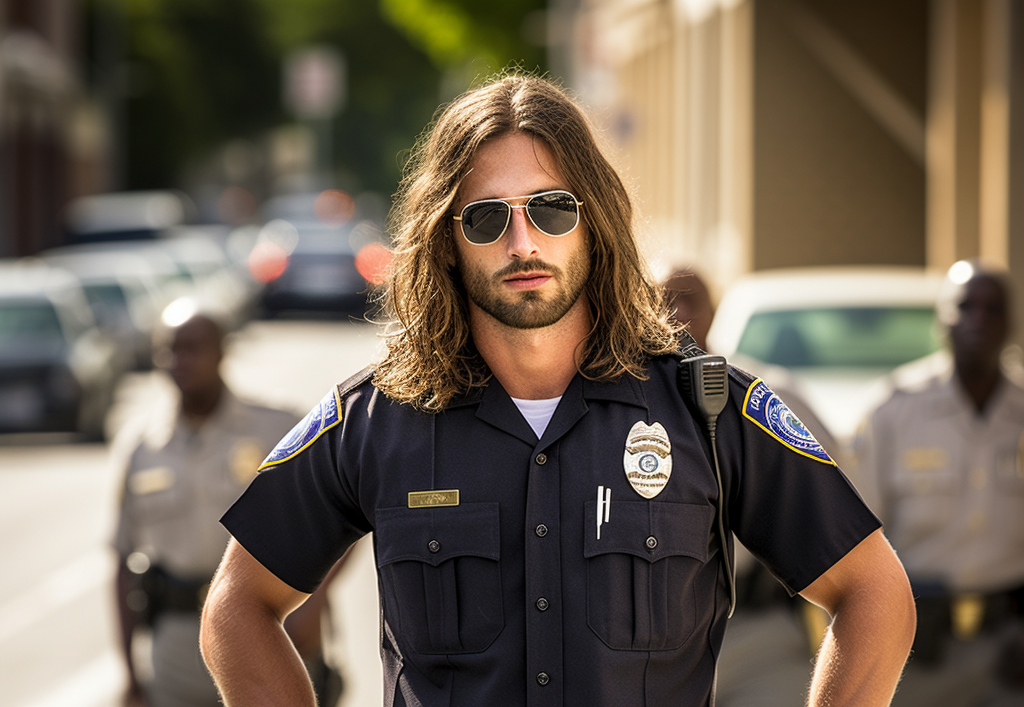Controversial School Dance Video Sparks Debate Over Constitutional Rights
In a small Louisiana town, the halls of Walker High School have become the epicenter of a heated debate over constitutional rights, freedom of expression, and the role of public schools in students’ personal lives. At the heart of this controversy is a 15-second video featuring 17-year-old Kaylee Timonet dancing with her friends at a private party after the school’s homecoming event. What should have been an innocuous moment has now become a catalyst for questions about the boundaries of authority within public schools.
The Controversy Unfolds: The incident began innocently enough, with a hired DJ capturing the video during an after-party, and later posting it on social media. Kaylee Timonet and her mother, Rachel Timonet, viewed the video before its posting and saw nothing objectionable about it. However, the school’s principal, Jason St. Pierre, had a different perspective. He deemed the video inappropriate and reportedly told Kaylee that she wasn’t “living in the Lord’s way.” As a result, he took the drastic step of stripping her of her title as student government president and revoking his support for her college scholarship applications.
Constitutional Concerns:
The controversy has raised significant questions about potential violations of constitutional rights within a public school setting. Here are some of the key constitutional issues at play:
- Freedom of Expression: The First Amendment to the United States Constitution guarantees the right to freedom of expression, including the right to express oneself through dance and other forms of non-verbal communication. Kaylee Timonet’s dancing at a private party is arguably a form of expression protected under the First Amendment.
- Freedom of Religion: The First Amendment also protects freedom of religion. Principal St. Pierre’s comments about Kaylee not “living in the Lord’s way” have raised concerns about the intrusion of religious beliefs into a public school setting. Public schools are obligated to remain neutral with regard to religion and not promote or endorse any particular faith.
- Due Process: The Fourteenth Amendment guarantees individuals the right to due process, which includes fair treatment and procedures before any significant actions, such as revoking a student’s title or scholarships, are taken. Critics argue that the principal’s actions may not have adhered to due process requirements.
- Privacy Rights: Students have a reasonable expectation of privacy in their personal lives outside of school hours. While public schools have a legitimate interest in maintaining discipline and order, it is unclear whether a video of students dancing at a private event qualifies as a legitimate concern for the school’s administration.
Community Response In response to Kaylee Timonet’s situation, parents, students, and community members have rallied behind her, expressing outrage over what they see as an overreach of authority. Some have compared the incident to the fictional town of Bomont in the movie “Footloose,” where dancing was banned. The controversy has prompted social media campaigns with hashtags like #LetTheGirlDance and the creation of T-shirts bearing the same slogan.
The school district, represented by Delia Taylor, has announced plans to investigate the situation, but has provided limited public comments. The outcome of this investigation may shed light on whether constitutional rights were indeed violated and what actions, if any, will be taken to rectify the situation.
In a nation that values individual freedoms and the separation of church and state, the Walker High School incident serves as a reminder of the complex and sometimes contentious intersection of personal expression, religious beliefs, and the authority of public schools. As the debate continues to unfold, it remains to be seen how constitutional principles will guide the resolution of this controversy and the protection of students’ rights within the public education system.





